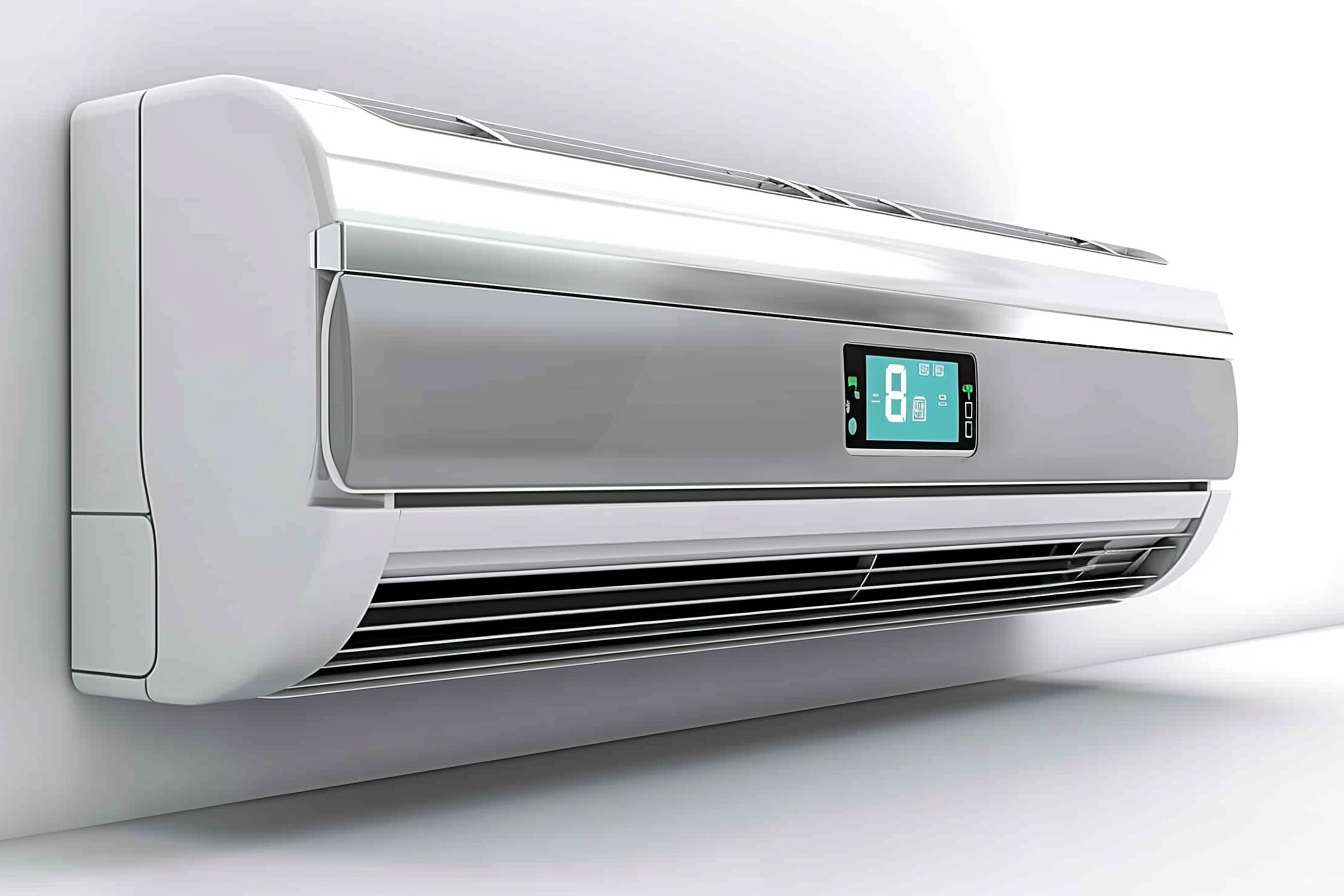Medical Assistant Training: Your Gateway to a Rewarding Healthcare Career
Medical assistant training is a crucial step for individuals looking to enter the healthcare field in a supportive role. This comprehensive education prepares students to work alongside physicians and nurses, performing a variety of clinical and administrative tasks in medical offices, hospitals, and other healthcare facilities. As the demand for healthcare services continues to grow, medical assistants play an increasingly vital role in ensuring efficient patient care and smooth operations within medical practices.

Most programs also include an externship component, allowing students to gain real-world experience in healthcare settings. This practical experience is invaluable for developing the skills and confidence needed to succeed in the field. The duration of medical assistant training programs can vary, but many certificate programs can be completed in less than a year, while associate degree programs typically take about two years.
What are the educational requirements for becoming a medical assistant?
The educational requirements for medical assistants can vary depending on the employer and state regulations. However, most employers prefer candidates who have completed a formal training program. There are several educational paths available:
-
Certificate or diploma programs: These are typically offered by vocational schools or community colleges and can be completed in 9-12 months.
-
Associate degree programs: These two-year programs provide a more comprehensive education and may offer additional career advancement opportunities.
-
On-the-job training: Some employers may hire individuals with a high school diploma and provide on-the-job training, though this is becoming less common.
While certification is not always required, many medical assistants choose to become certified to demonstrate their expertise and improve their job prospects. The most recognized certifications include the Certified Medical Assistant (CMA) credential from the American Association of Medical Assistants (AAMA) and the Registered Medical Assistant (RMA) credential from American Medical Technologists (AMT).
What skills are essential for success in medical assistant training?
Successful medical assistants possess a combination of technical knowledge and interpersonal skills. During training, students should focus on developing the following key competencies:
-
Attention to detail: Accuracy is crucial when dealing with patient records, medication dosages, and medical procedures.
-
Communication skills: Medical assistants must effectively communicate with patients, families, and healthcare professionals.
-
Empathy and compassion: The ability to connect with patients and provide emotional support is essential in healthcare settings.
-
Adaptability: Healthcare environments can be fast-paced and unpredictable, requiring medical assistants to be flexible and quick-thinking.
-
Technical proficiency: Familiarity with medical software, electronic health records, and basic clinical equipment is important.
-
Time management: Balancing multiple tasks and prioritizing responsibilities is a key skill for medical assistants.
Where can I find reputable medical assistant training programs?
When searching for a medical assistant training program, it’s important to choose an accredited institution that provides comprehensive education and hands-on experience. Here are some reputable options to consider:
| Institution | Program Type | Duration | Key Features |
|---|---|---|---|
| Community College of Philadelphia | Associate Degree | 2 years | Accredited by CAAHEP, externship included |
| Pima Medical Institute | Certificate | 9 months | Multiple campus locations, job placement assistance |
| Penn Foster | Online Certificate | Self-paced | Flexible online learning, affordable tuition |
| Rasmussen University | Diploma or Associate Degree | 12-18 months | Accelerated program options, career-focused curriculum |
| Keiser University | Associate Degree | 24 months | Hybrid online/on-campus format, small class sizes |
Prices, rates, or cost estimates mentioned in this article are based on the latest available information but may change over time. Independent research is advised before making financial decisions.
How does medical assistant training prepare students for hospital work?
Medical assistant training programs often include specific coursework and clinical experiences tailored to hospital settings. Students learn about hospital protocols, infection control procedures, and how to assist with various medical specialties. Training may cover topics such as:
-
Patient triage and assessment in emergency departments
-
Assisting with minor surgical procedures
-
Proper handling and sterilization of medical instruments
-
Understanding hospital information systems and electronic health records
-
Collaborating with diverse healthcare teams in a fast-paced environment
Many programs also offer clinical rotations in hospital departments, giving students hands-on experience in this dynamic healthcare setting. This exposure helps prepare medical assistants for the unique challenges and opportunities of working in a hospital environment.
What career opportunities are available after completing medical assistant training?
Completing medical assistant training opens up a variety of career paths within the healthcare industry. Graduates can find employment in diverse settings, including:
-
Physicians’ offices and clinics
-
Hospitals and outpatient care centers
-
Specialty medical practices (e.g., cardiology, dermatology, pediatrics)
-
Urgent care facilities
-
Nursing homes and long-term care facilities
-
Medical research institutions
With additional education and experience, medical assistants can also advance to roles such as office manager, clinical team leader, or healthcare administrator. Some may choose to specialize in areas like ophthalmology or podiatry, while others may pursue further education to become nurses or other healthcare professionals.
Medical assistant training provides a solid foundation for a rewarding career in healthcare. By combining clinical skills with administrative knowledge, graduates are well-prepared to make a meaningful impact in the lives of patients and contribute to the efficient operation of healthcare facilities. As the healthcare industry continues to evolve, the role of medical assistants remains essential, offering stability, growth potential, and the opportunity to make a difference in the field of medicine.






